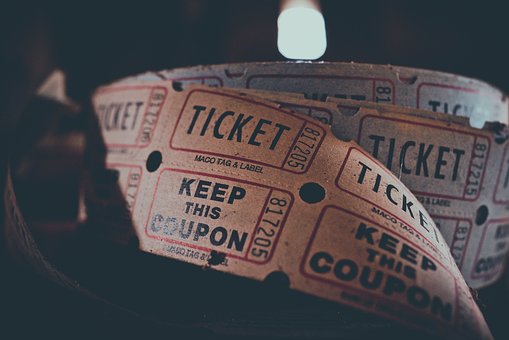How different can it be? You’ve been selling for the last 30 years. You’ve sold cars, boats, your house, and all sorts of stuff on the job. Now you want to sell your business, same thing, just a different color, right?
Wrong.
Most of us have never sold a business, so we equate it to other things that we’ve sold. But using what you know about selling other things can cause you incredible pain when you go to sell your business.
Take your house. Many of us have sold a house before. It’s a big-ticket item.

We use a broker. There’s a purchase agreement. With so many similarities it must be like selling a business, right?
Let’s compare selling a house to selling a business and see just how different it is.
Nothing is Comparable
We like to have a sense for the market when we sell something. Quantitative information helps define our expectations of price and process. What’s the Blue Book value? What’s it selling for on eBay? What are the “comps”?
Your House: When you sell your home, your realtor will find comparable properties for you as you consider what lies ahead. Comps will show what other houses were listed for, what they sold for, how long they were on the market, etc. No perfect examples, but chances are you’ll have a fair sense for what the sales process will look like for your house based on what the comps show.
Your Business: Your business broker will try to pull comps, and almost certainly fail. Why? Because while your realtor probably found dozens of comparable transactions from your immediate neighborhood, your broker will be lucky to find a handful of comps for sales of your type of business from across the country. And really, how comparable is another business transaction from 1,000 miles away? How many businesses like yours sell every year? How many of those sales are reported? Your broker will show you comps, but they will likely do little to predict how the sales process for your business will go.

The Lesson: Assume you’ll be going into the sale of your business almost blind. You’ll have a sense for the market and activity level, but very little in terms of apple to apple comparisons. You are in for some surprises, especially if you expect clarity based on “comps”.
There is No Appreciation Jackpot to Win
What is your house worth? What determines the value of your business? Valuation is very different for these two items.

Your House: The first house my wife and I bought doubled in value in 8 years. I’d love to tell you it was because of something clever we did, but we just got dumb lucky with the timing on the market and the location of the house. Our kind of house, in our neighborhood, was going for a certain price when we bought it, and a higher price when we sold. That’s what determined the price we sold at.
Your Business: If a buyer is going to get a loan to buy your business (and almost all will need to), the income the business generates is almost certainly what will be used to make payments on the loan. Accordingly, the bank will look closely at the cash-flow. And here’s the kicker, the bank will take an average of the last three years to determine the loan amount they will make.
Consider that a business has shown cash flow of 120k, 150k, and 80k over the last three years. The bank is going to average that to 116k of cash-flow. From that, they are going to expect payment on the debt and a salary for the new owner; not to mention a margin of safety. That calculation is what will determine the bank will loan, and by extension, the sales price of your business. You are not going to “get lucky” and win an appreciation jackpot like you might with your home.
The Lesson: Unlike a house, the business must prove its ability to meet the financial obligation of the sales transaction, including the income needs of the new owner. Your results buy your business. The fact that you’ve owned the business for 20 years does not create loan-able value. If you assume a business value outside that cash-flow equation, you can easily kill your sale.
Ready, Aim . . . Unload?
So, you’ve decided to sell. That’s a huge step. But what it means depends on what you’re selling.

Your House: How’s the market? How fast are homes moving in your neighborhood? Are there a lot of unique features (or problems) in your home? Are you priced appropriately? Depending on where it is, if you put your house up for sale you can see things move fast. And how often do you hear about a house that never sells? I’m sure it happens, but not very often.
Your Business: According to BizBuySell.com, only 20% of businesses listed for sale ever sell. You read that right – 20%.
That means most business owners who decide to sell through a listing broker continue to own the business after the listing expires. Why do so few listed businesses sell? Lots of reasons. Maybe they aren’t priced with cash-flow in mind as described above. Maybe it’s a lack of buyers, or outside financing, or any of many other reasons.
The Lesson: If you’ve decided to sell your house, depending on the market it’s in, you can probably start getting your stuff packed and ready for a move. If you’ve decided to sell your business, odds are it’s going to continue to be your business. Don’t start burning bridges just because you make the decision to sell your business.
Conclusion
If you are planning to sell your business, it’s important to understand how unique selling (or attempting to sell) a business is. If you bring your “other things” selling approach to selling your business you can create substantial problems for yourself, and for the potential sale of your business.